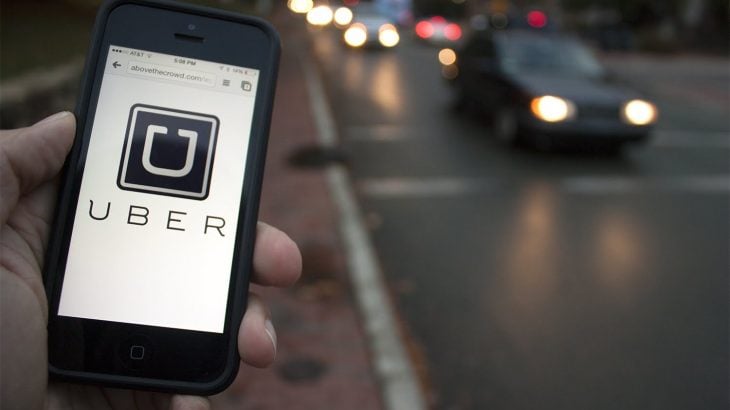Lawmakers in Seattle are considering imposing a 51-cent tax on ride-sharing companies such as Uber and Lyft, which would be used to finance new affordable housing and transportation projects.

The proposed new tax, which still needs to be approved by the City Council, would come into effect next July, the Seattle Times reported.
Seattle Mayor Jenny Durkan told the Seattle Times that the tax could generate as much as $100 million per year in revenue by 2025. She said ideas for using the proceeds include devoting $56 million towards improvements in Seattle’s streetcar system, and another $52 million towards building 500 homes for low-income workers near transit stations.
In addition, Durkan said she wants to use $18 million to create an Independent Driver Resolution Center that would provide an independent arbitration and appeals process for drivers.
“Make no mistake about it: [Ride-shares] provide a valuable service for a lot of people, but it also places burdens on the city,” Durkan said.
Perhaps unsurprisingly, both Uber and Lyft have come out in opposition to the new tax, saying it will lead to increased costs for its users.
“Drivers will also lose, as their earnings decrease with fewer overall rides,” Lauren Alexander, a Lyft spokeswoman, said in a statement.
Seattle already taxes both services 24 cents per trip to cover licensing costs for transportation network company drivers to support taxi wheelchair accessibility. As such, the new tax will effectively triple that amount to 75 cents per ride.
Durkan acknowledged the proposed tax would increase passenger fares but says she does not believe it would reduce the number of rides people take.
Durkan’s confidence stems from the huge popularity of Uber and Lyft in the city. Around 24 million riders used the two services in Seattle last year.
The mayor may also have been inspired by similar taxes on services to support affordable housing that have been implemented elsewhere in the U.S. In Denver for example, authorities in 2018 created a marijuana tax of between 3.5% to 5.5% on companies in that industry. The proceeds are being used to double the amount of affordable housing units in the city over the next five years.
Denver’s Mayor Michael Hancock estimated at the time that the tax hike would preserve or create more than 6,000 housing units in total.